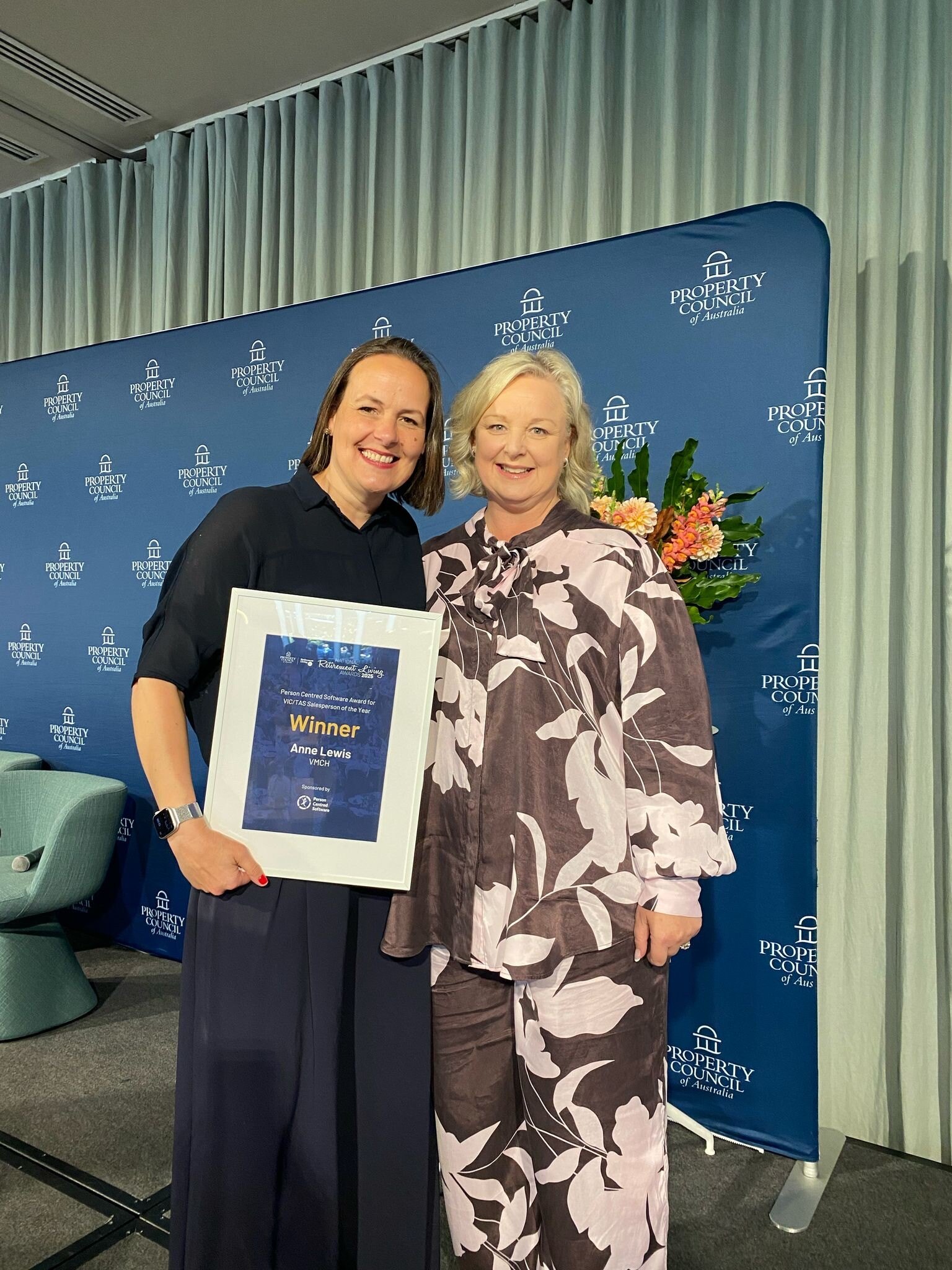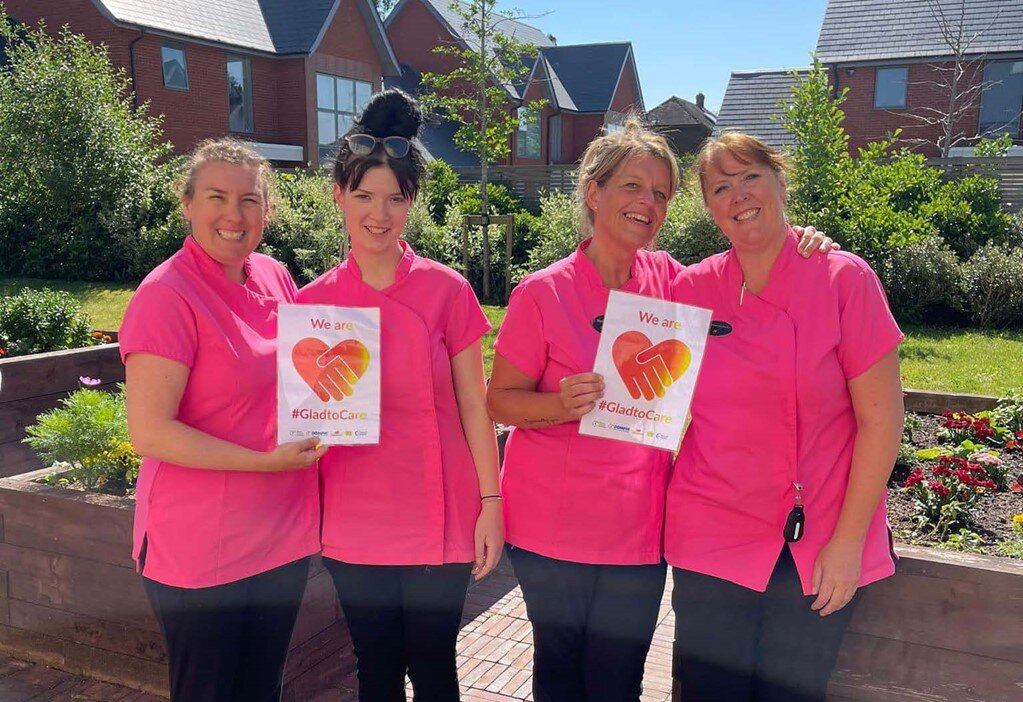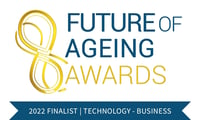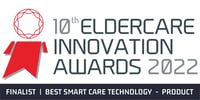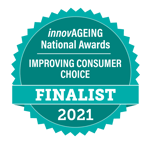Research suggests that clinical management systems improve prevention of falls and reduce pressure injuries by 50%.
The study compared clinical outcomes across 16 sites owned by Southern Cross Care (SA, NT & VIC) to examine the differences between those using traditional software systems and those who are using a system that harnesses the latest technology provided by Person Centred Software.
The study found that a clinical care system provides many benefits to users in a residential aged care setting, offering a far more efficient system that not only improves outcomes but also streamlines the entire process of care provision, meaning that many hours of time that would otherwise have been spent on administrative tasks can now be put to better use in other areas.
Some of the benefits included:
- A dramatic increase in visibility of resident’s hydration levels
- More direct resident care time
- A reduction in the likelihood of adverse events such as falls and pressure injuries by 50%
- A reduction in the number of hospital admissions
Monitoring fluids to prevent falls from happening
Using the clinical care system offered by Person Centred Software, known as mCare, the study showed that aged care sites were able to document resident’s fluid intake to a far greater and more detailed degree.
Because mCare is the first fully mobile clinical documentation system for residential aged care, staff were able to document fluid information in real-time, meaning that nothing was missed and that appropriate action could always be taken with assurances of the outcome; aged care staff were able to see immediately which residents had not had sufficient fluids or were able to keep track of those who had to have their fluids limited.
The fluid offered to residents, as well as the amount of fluid drunk in millimetres, is evidenced at the point of delivery on the hand-held devices, meaning that all care is documented automatically and in real-time.
Reminders to offer drinks can also be set up as part of the planned care routine, with a traffic light system of flags which alert care staff of tasks that are due or to a resident falling below the recommended fluid threshold for the rolling 24-hour period. This is just one example of how mCare is able to automate many of the tasks that would require a significant amount of time to document and keep track of.
How mCare helps to track performance
Not only does it assure complete and total visibility when it comes to fluid monitoring, which goes a long way in the prevention of falls in aged care facilities, clinical documentation systems give care providers the ability to analyse any incidents, which means they are able to track what actions led up to them and use the data to prevent future incidents from occurring.
Speaking of the study’s findings, Tammy Sherwood, CEO of Person Centred Software Australia said: “The findings are extraordinary as the study highlights the importance of a clinical system’s impact on the same workforce and same resources with remarkable results, including a notable 50% reduction in both falls and pressure injuries.
“It’s clear that technology and the collection of data can be of great assistance, empowering the care workforce to make responsive decisions that ultimately benefit everyone involved and can even go as far as improving quality of life for residents,” Tammy concluded.
Discussing their use of mCare, Wayne Stoddard, Residential Care Executive of Southern Cross Care SA & NT said: "We have implemented mCare as an opportunity to not only improve our documentation system but to improve our resident outcomes - and this has happened. When managed & monitored well, mCare is the answer to many of the 'failure to monitor' scenarios outlined in the Royal Commission. We are delighted with what has been achieved already so far – it's been an amazing journey."
The impact of mCare on falls prevention and more
In 2017, Southern Cross Care engaged in extensive market research to discover the best resident-focused clinical care system. They concluded that Person Centred Software’s mCare was the clear leader because it allows all care and services, whether clinical or non-clinical, to be planned and delivered to individualised care plans that are not only visible on easy-to-use, hand-held devices, but also provide real-time updates for evidencing of care and data to keep track of performance, which means that incidents that lead up to falls, or the steps to take in the aftermath of falls, are carried out and evidenced automatically.
Person Centred Software’s clinical care system, mCare, is marked out by its icon-driven interface, which makes it quick and easy for staff to record care interactions but more than this, it gives them the extra time they need to provide personalised entries that ultimately define what it is to provide truly person-centred care.
mCare has several visual notifications that facilitate monitoring and decision-making – these alerts and live data indicators provide nurses with greater visibility and oversight of the entire aged care facilities operations and performance, giving them scope to manage the entire care delivery process and allowing them to respond quickly to the changing needs of residents and preferences, and to identify and rectify instances of missed care.
Transforming care
To find out how mCare can improve your care outcomes, from care notes to evidencing, click on the link below.




